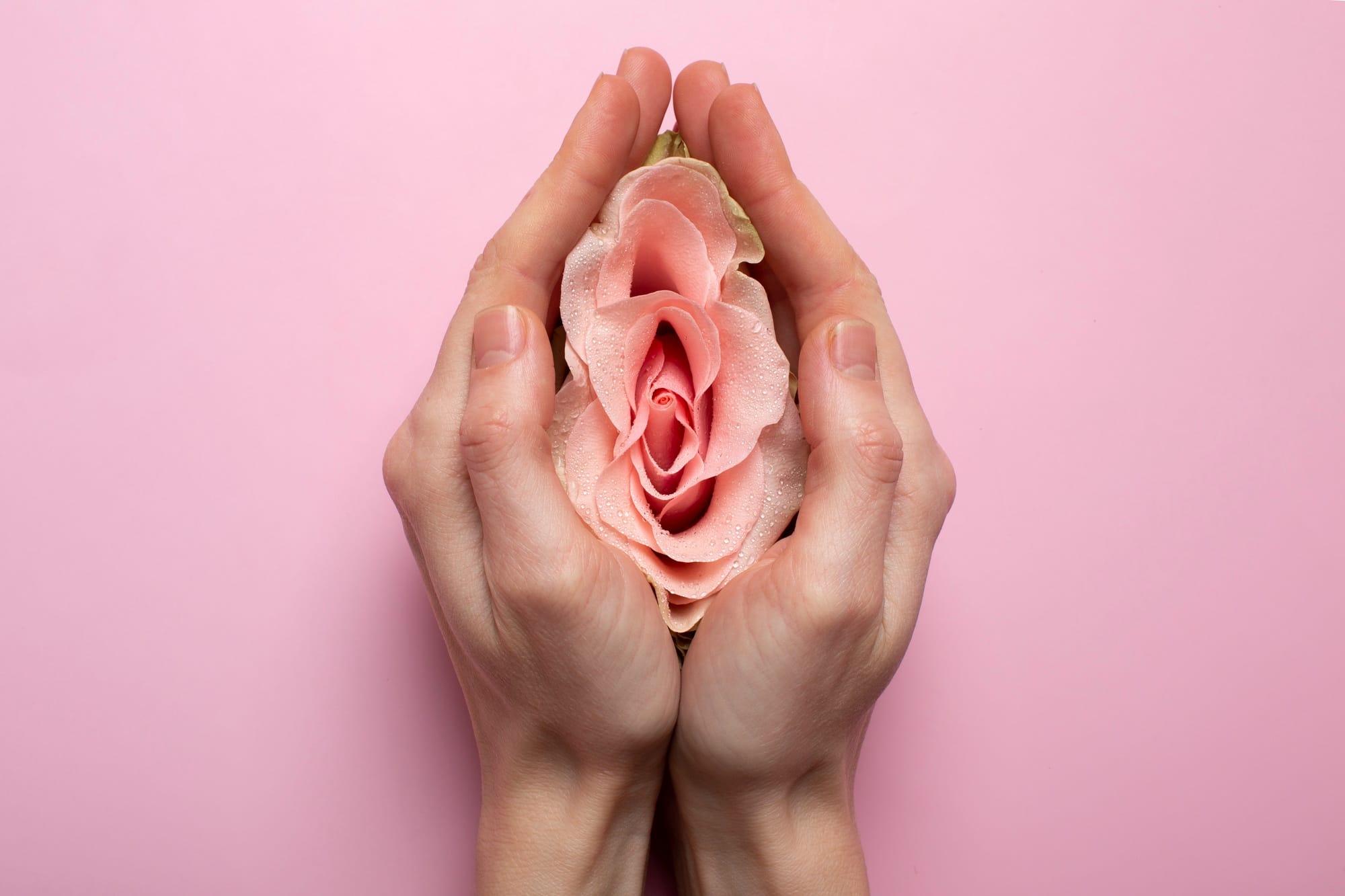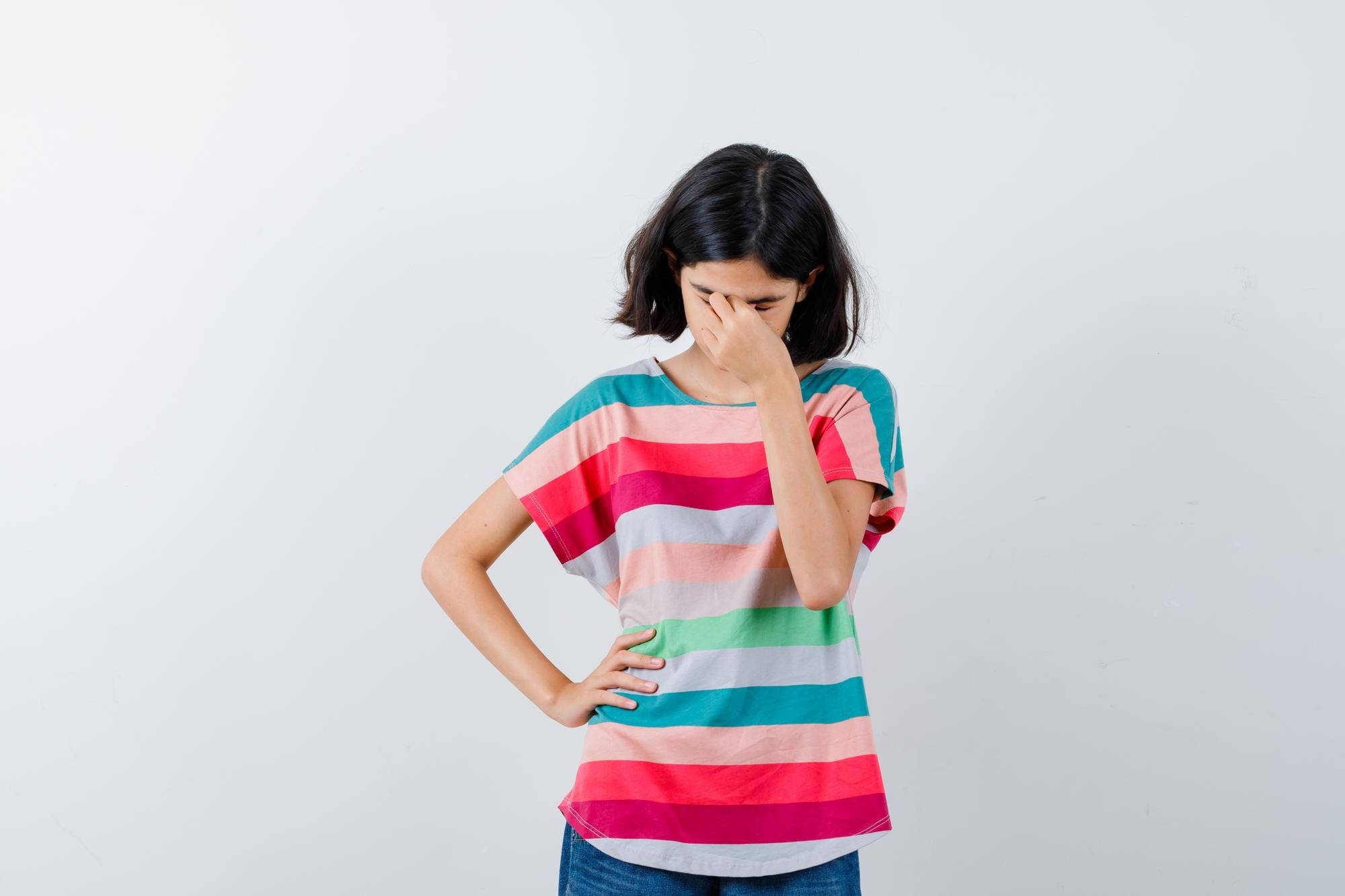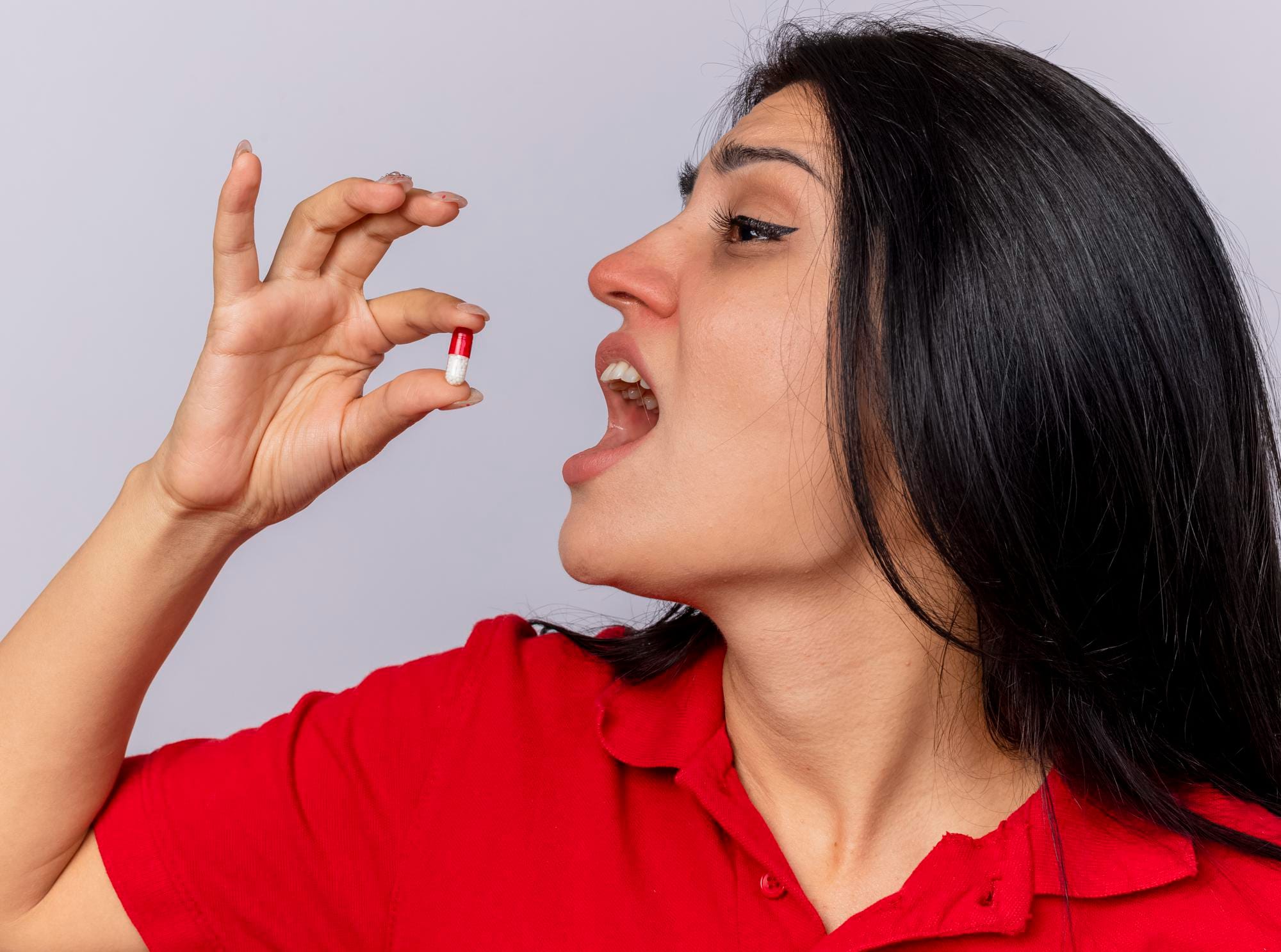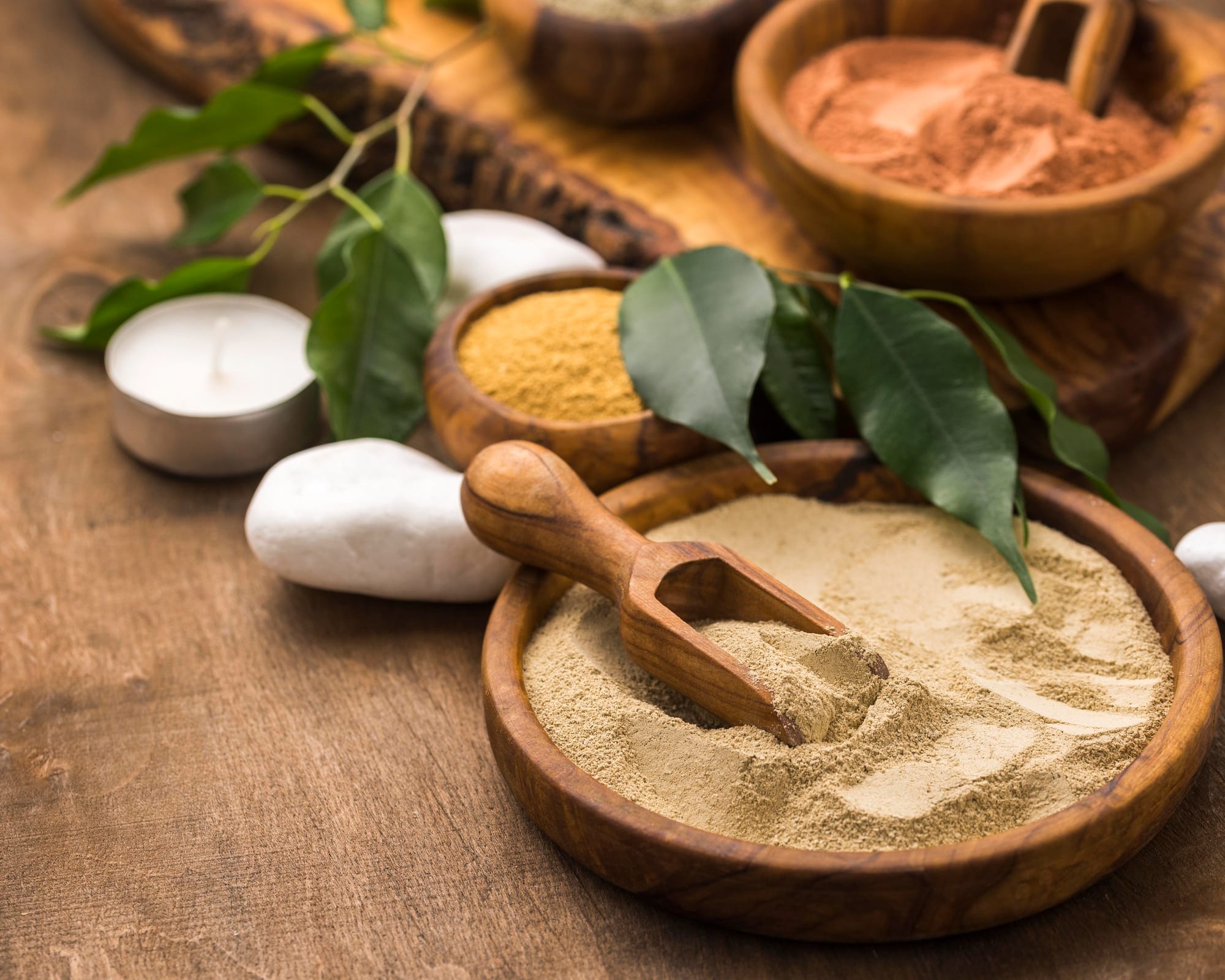
Low libido, or reduced sexual desire, is a common issue that can affect both men and women at different stages of their lives. While it’s natural for sexual desire to fluctuate, a persistent or sudden decrease in libido may indicate an underlying health or emotional issue. Low libido can strain relationships and cause feelings of frustration, guilt, or inadequacy, but understanding the causes and addressing the symptoms can help improve sexual well-being.
Symptoms of Low Libido in Men and Women
The symptoms of low libido can vary, but common signs include:
- Decreased interest in sexual activity: A lack of desire to initiate or engage in sexual activities.
- Difficulty achieving arousal: Struggling to become physically aroused or excited during sexual activity.
- Emotional distance: A feeling of detachment or disinterest in intimacy with a partner.
- Lack of sexual thoughts or fantasies: Rarely thinking about or imagining sexual scenarios.
While these symptoms may occasionally be normal, if they persist, it could indicate a deeper problem requiring attention.
Common Causes of Low Libido
There are several reasons why libido may decrease, which can be categorized into physical, psychological, and lifestyle factors:
1. Physical Causes
- Hormonal imbalances: Testosterone (in men) and estrogen (in women) play key roles in sexual desire. Low levels of these hormones can significantly reduce libido.
- Chronic illnesses: Conditions like diabetes, heart disease, obesity, and hypothyroidism can reduce sexual desire.
- Medications: Certain medications, including antidepressants, blood pressure drugs, and birth control pills, may lower libido as a side effect.
- Menopause and andropause: Hormonal changes during menopause in women and andropause (male menopause) in men can cause a decline in sexual desire.
- Fatigue: Chronic fatigue, whether from illness or overexertion, can lower sexual interest.
- Sexual dysfunction: Conditions like erectile dysfunction in men or vaginal dryness in women can lead to anxiety about sex, resulting in a reduced libido.
2. Psychological Causes
- Stress and anxiety: Work pressures, financial problems, or family responsibilities can lead to stress, which dampens sexual desire.
- Depression: Depression often causes a loss of interest in activities, including sex. Antidepressant medications can also contribute to low libido.
- Relationship problems: Unresolved conflicts, lack of communication, or emotional distance in relationships can reduce sexual desire.
- Low self-esteem: Negative body image or feelings of insecurity can cause a person to feel less interested in sex.
- Past trauma: Individuals with a history of sexual abuse or trauma may experience a lack of desire or discomfort around sexual activity.
3. Lifestyle Causes
- Lack of sleep: Insufficient rest or poor sleep quality can lead to physical and mental exhaustion, lowering libido.
- Poor diet: Nutrient deficiencies and poor eating habits can negatively affect energy levels and hormonal balance.
- Substance abuse: Excessive alcohol consumption or drug use can impair sexual function and reduce interest in sex.
- Sedentary lifestyle: A lack of physical activity can contribute to poor circulation, reduced energy, and hormonal imbalances, all of which affect sexual desire.
Remedies for Low Libido
Addressing low libido requires a holistic approach that includes physical, emotional, and lifestyle changes. Here are some remedies that may help:
1. Physical Remedies
- Hormone therapy: If hormonal imbalances are identified, hormone replacement therapy (HRT) can help restore balance and improve libido.
- Medication adjustments: If current medications are affecting libido, consult with a doctor about alternatives or dosage changes.
- Exercise regularly: Engaging in physical activity boosts overall energy, improves circulation, and enhances mood, all of which can improve libido.
- Address underlying medical conditions: Proper management of chronic illnesses, such as diabetes or heart disease, can help restore sexual desire.
2. Psychological Remedies
- Counseling and therapy: Talking with a therapist or counselor, either individually or as a couple, can help resolve psychological issues such as stress, anxiety, or relationship problems.
- Mindfulness and relaxation techniques: Practices like meditation, yoga, or deep breathing can reduce stress and improve overall well-being, including sexual health.
- Improve communication: Open and honest conversations with a partner about sexual desires, preferences, and concerns can strengthen the emotional connection and help rekindle sexual interest.
3. Lifestyle Changes
- Improve sleep habits: Establishing a regular sleep routine and addressing sleep disorders like insomnia or sleep apnea can help restore energy and libido.
- Adopt a balanced diet: Eating nutrient-rich foods that support hormone production and energy, such as lean proteins, healthy fats, and vegetables, can improve sexual health.
- Limit alcohol and avoid drugs: Reducing alcohol intake and avoiding recreational drugs can improve sexual performance and desire.
- Enhance physical intimacy: Even without sexual intercourse, engaging in physical affection like kissing, cuddling, or massage can help maintain intimacy and gradually rebuild sexual desire.
For more details, Please visit: NHS website















Leave a Reply